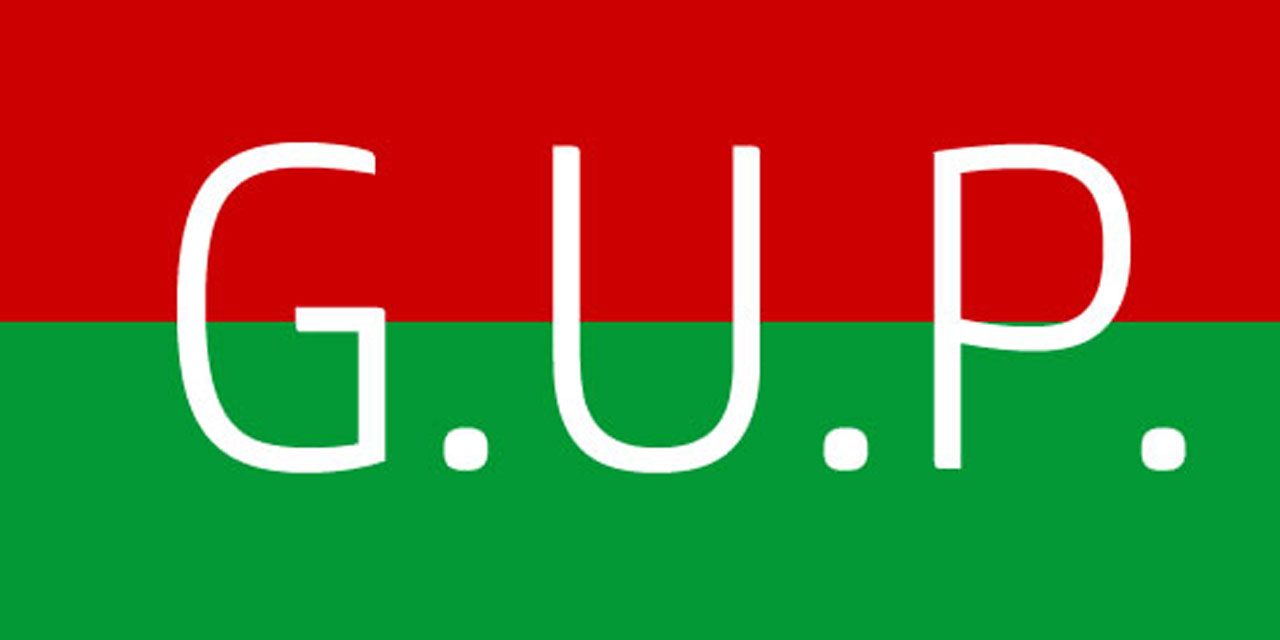President Ivan Duque announced on Saturday that security forces have killed “David,” the commander of a FARC dissident group in southwest Colombia.
David was the founder and leader of the United Pacific Guerrillas (GUP), a rogue group formed in 2017 by former FARC militia members and drug trafficking associates in Tumaco, Nariño.
The alleged dissident FARC commander was killed in combat in a rural part of Tumaco together with his sister “Carmen,” who was part of the same dissident faction, the Prosecutor General’s Office said.
Lucky day for ‘Guacho’
David’s death is a major blow for the GUP, but a stroke of luck for the Oliver Sinisterra Front (FOP) of “Guacho,” a rival former FARC commander who was fighting David over control over the port town.
The killed guerrilla leader used to be part of the FARC’s 29th Front and never took part in the peace process that began in December 2016, according to the prosecution.
Until his death, David was wanted on charges of homicide, conspiracy to commit a crime, kidnapping, drug trafficking and forced displacement. His reign over the port city, a major cocaine hub, could end up with Guacho.
The war over Tumaco
Colombia’s state forces have struggled to assume control over former FARC territory, specifically in Tumaco where dissident members of the 29th Front and the Daniel Aldana column began fighting last year.
Together, FARC dissident groups are estimated to have more than 500 armed men and women in their ranks in the area around Tumaco alone.
The municipality lies on both the Pacific coast and Ecuadorean jungle border and has the most hectares of coca, the base ingredient for cocaine, in all of Colombia.
Furthermore, the municipality has impenetrable mangroves and a virtually lawless port city.
Tumaco’s urban section. (Image: State Violence Victims’ movement)
FARC dissident groups in Tumaco
Colombia’s frontlines of the drug war: Nariño
Free access to the Pacific Ocean and Ecuador has made the southwest of Colombia a major route for the trafficking of cocaine, which is largely produced in areas controlled by FARC dissidents, and heroin that is produced in ELN-controlled territory.
Local residents and authorities have begged national authorities to impose rule of law in the area that has long been neglected and at times even abandoned by the national government in the capital Bogota.



